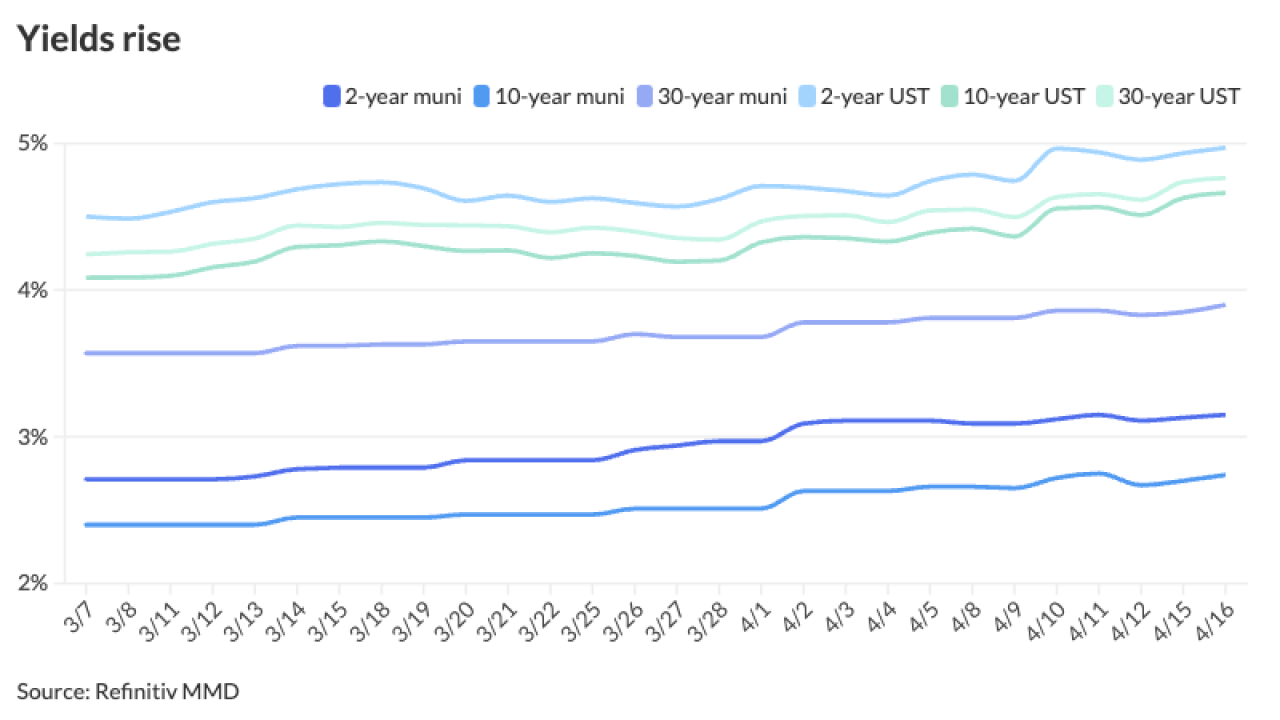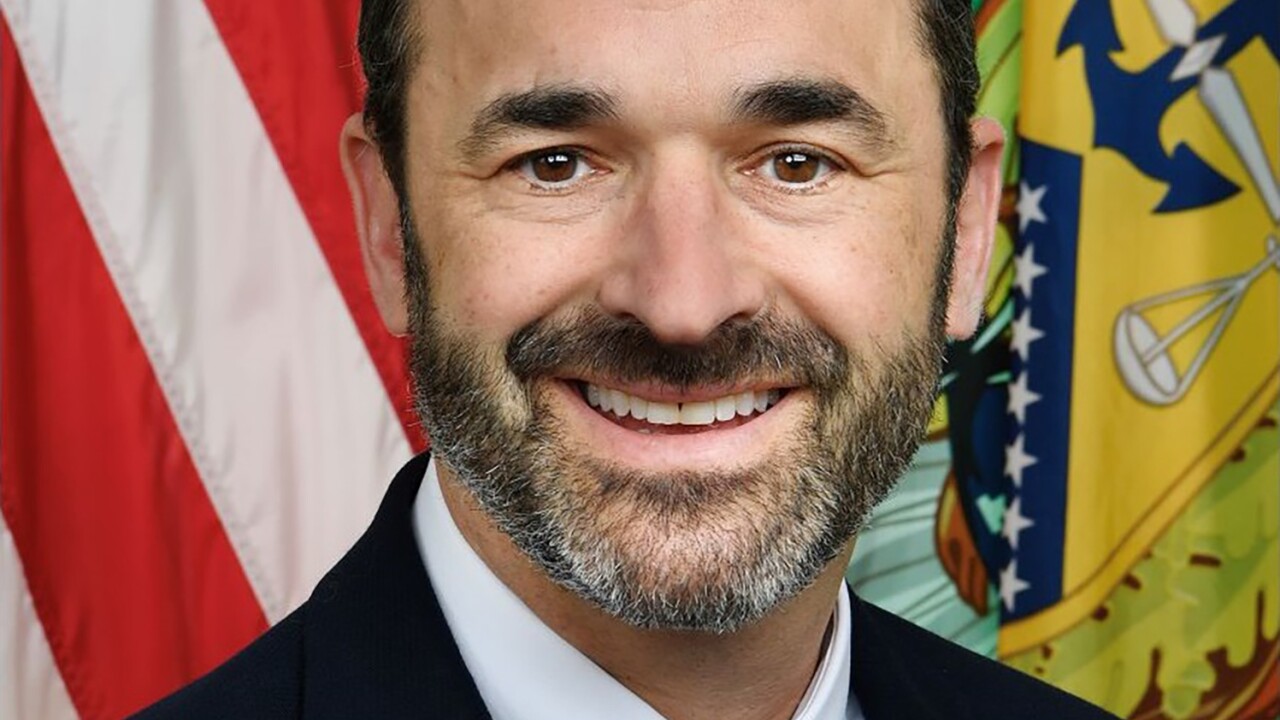WASHINGTON – The Internal Revenue Service has extended the deadline for issuers of tax-exempt and tax-advantaged bonds that file claims for the recovery of excess arbitrage they inadvertently rebated to the federal government.
Revenue Procedure 2017-50, which takes effect on Aug. 25, also applies to claims for the recovery of excess yield reduction payments or penalties in lieu of arbitrage rebate that issuers made to the federal government.
The IRS extended the deadline to two years and sixty days from two years for issuers who make these three types of payments to the federal government in a timely manner, that is, within 60 days after the issuer's final computation date of whether it has earned arbitrage. The final computation date is when a bond matures or is redeemed.
The

The IRS said the changes were made “in the interest of sound tax administration.’’
The deadline extension for claims for recovery of overpayments when payments were made on time was made to include the 60-day grace period to the existing two-year period. And the new procedure establishes a program to recover overpayments for late payments made to the federal government, which previously did not exist.
The revision covers tax-exempt as well as direct-pay and tax credit bonds, the latter two of which include Build America Bonds, Qualified Zone Academy Bonds, Qualified School Construction Bonds, Qualified Energy Conservation Bonds, Clean Renewable Energy Bonds, and New Clean Renewable Energy Bonds. Even though direct-pay and tax credit bonds are taxable, they must still comply with arbitrage requirements.
Arbitrage can be rebated to the federal government over many years that the bonds are outstanding. The tax law requires arbitrage to be rebated in installments of at least once every five years during the life of the bond issue.
Sixty days were added to the claim deadline for overpayments of timely payments because the previous two-year deadline had failed to take into account the 60-day grace period.
The new deadline gives issuers that made a final rebate payment 60 days after the final discharge a full two years and sixty days to determine if there was an overpayment and file a claim with the IRS.
In addition, in cases where a late excess rebate payment is made after the 60-day window for final rebate payments, the revenue procedure now allows claims for overpayments to be made during a two-year window.
Before this revenue procedure took effect, there was no way for a bond issuer who made a late final payment to file a claim if it later discovered it to be an overpayment.
Arbitrage occurs when an issuer invests its bond proceeds at a higher yield than the bond yield.
Bond issuers frequently invest their bonds proceeds until the money is needed. For instance, bond proceeds may be used on an ongoing basis as a contractor sends invoices for completed parts of a project.
The arbitrage earnings from those from higher yielding investments must be rebated to the federal government. The tax law permits issuers of certain construction issues to pay a penalty in lieu of arbitrage rebate. Issuers are also permitted to make yield reduction payments.
Some bond issuers miscalculate the amount of amounts they owe and discover the overpayments at a later date.





